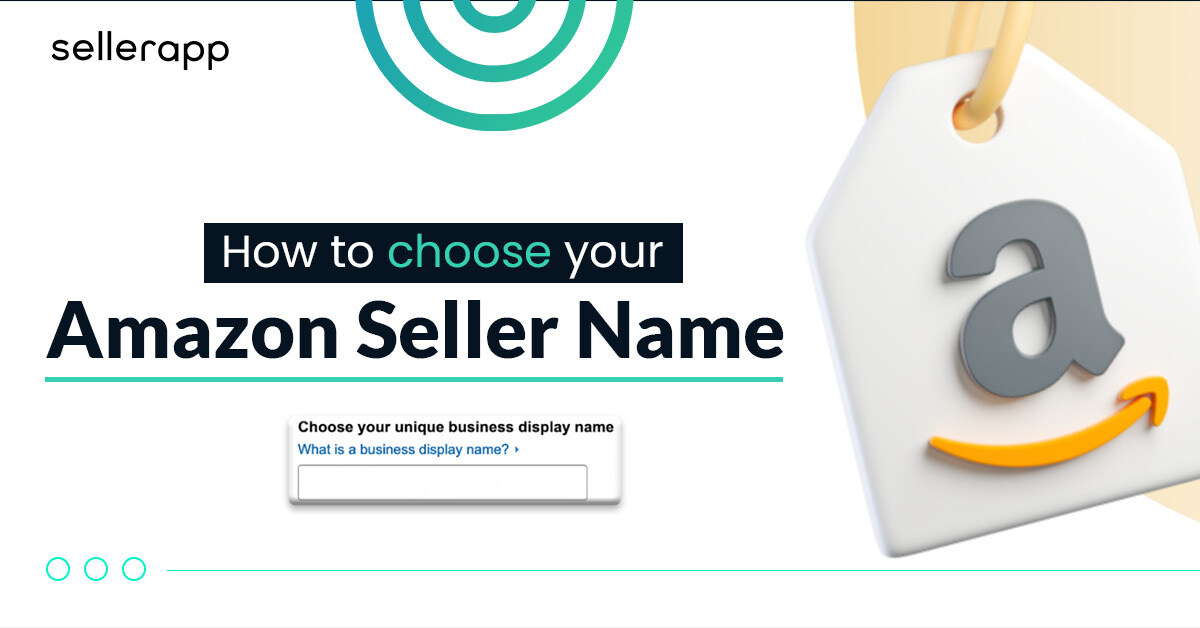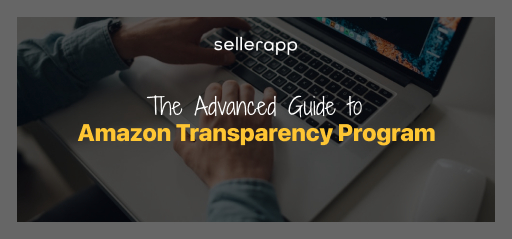Amazon PPC vs Amazon SEO: Which is More Effective?

In the world of Amazon marketing, two strategies often come to mind: Amazon PPC vs Amazon SEO. While they serve similar purposes, they differ in their approach and benefits.
Amazon SEO is a free, long-term growth strategy that involves optimizing product listings to improve organic rankings. On the other hand, Amazon PPC is a paid advertising channel designed to promote products to a targeted audience, focusing on immediate sales
Understanding the differences between Amazon PPC and Amazon SEO is crucial for sellers looking to stand out in the competitive Amazon marketplace.
While both strategies aim to increase visibility, sales, and best seller rank, they cater to different needs and goals. Amazon SEO focuses on organic ranking, while Amazon PPC offers immediate results and targeted audience reach
However, relying solely on either SEO or PPC is not recommended. In this Amazon PPC vs Amazon SEO article, we’ll deep dive into how both strategies work, Amazon PPC and Amazon SEO differences, and the best strategy for maximum impact.
Amazon PPC vs Amazon SEO: What is the difference between Amazon PPC and Amazon SEO?
Here’s the difference between Amazon PPC and Amazon SEO:
Amazon SEO

Amazon SEO is a strategy to organically rank your product listing on Amazon SERPs for relevant search terms. Although it is defined as a strategy, Amazon SEO refers to the best practices that go into optimizing a product listing to improve its organic ranking in Amazon’s search results such as title, description and image optimization, and much more.
To optimize your Amazon product listing, follow a two-pronged approach:
Front-end optimization: Front-end optimization involves, enhancing the product title, image quality and quantity, bullet points, product description, and A+ content.
Similar to Google SEO, this front-end optimization involves strategically and naturally placing keywords with high search volume in the relevant sections. Most importantly, these keywords must align with search terms and should be relevant to your product.
For example, it’s bad practice to add a sports shoe keyword to your leather shoe listing just because sports shoe has more search volume.
Back-end optimization: Most Amazon sellers incorrectly assume that only front-end optimization such as keyword-rich titles, product descriptions, and bullet points are solely the factors that influence Amazon SEO.
Amazon also offers sellers a feature to add important keywords at the backend level in their Seller Central account.
These backend keywords are similar to front-end keywords and should define the product through features, attributes, etc. Moreover, these backend keywords will be indexed by Amazon’s algorithm and will be used to rank your products, improving discoverability.
Advantages and disadvantages of Amazon SEO
The primary advantage of Amazon SEO is that it’s free of cost and provides a more long-lasting impact on your product’s visibility in relevant search results. The organic ranking will persist once the optimization process is completed and is not reversed in some format. With Amazon PPC, the ad stops showing up as soon as the budget is exhausted.
However, it does have a drawback as it may take a significant amount of time for your product listing to increase in the ranking and attain a good position that can consistently bring in sales to your business.
It’s ultimately important to recognize that Amazon SEO is just as, if not more critical than Amazon PPC in the long run. After all, solely increasing the ad budget over time and not focusing on free organic methods is poor business practice.
Amazon PPC

Amazon PPC, on the other hand, is the ecommerce giant’s advertising native channel that can be used to promote your product to a paid search audience with the primary intent of generating immediate sales.
You can run three types of campaigns using Amazon PPC: Sponsored Products Ads, Sponsored Brands Ads, and Sponsored Displays. However, understanding how to run an Amazon-sponsored ad does require a whole blog. So, here’s an entire guide on Amazon PPC Basics to help get you started.
Advantages and Disadvantages of Amazon PPC
The primary advantages of Amazon PPC include increased visibility for products, relatively immediate sales, and the ability to reach a large and targeted audience. Fundamentally, you can expect to drive more sales and grow your business on the Amazon Marketplace by just spending money.
In terms of cost, Amazon PPC operates on a pay-per-click model, meaning that advertisers only pay when a shopper clicks on their ad
However, it does come with certain disadvantages. For example, the ad stops showing up the moment you stop pumping in money. Additionally, the sales momentum may also drop as a result and can take a significant amount of time to pick back up.
Most importantly, running ads comes with high competition and rising costs. The cost of each click can vary, with the average cost ranging from $0.05 to $10 per click.
However, the exact cost can vary as it depends on several factors, such as the targeted keyword’s competitiveness or the bidding strategy employed by your competitors.
Additional source: What Are The Common Amazon PPC Mistakes?
Amazon SEO vs. PPC: Why do you need both?
Ultimately, both Amazon SEO and Amazon PPC are used to increase visibility, sales, and best seller rank. However, they differ in approach and benefits.
Amazon SEO is free and is designed for long-term growth while Amazon PPC requires a budget and offers immediate results.
However, relying solely on either SEO or PPC is not recommended. Both strategies are integral to a seller’s toolkit and should be implemented together for optimal results. However, you can always opt for expert suggestions regarding this from an Amazon PPC agency.
Here’s how one reinforces the other:
How does Amazon SEO Impact Amazon PPC?
When it comes to the relationship between Amazon PPC and SEO, Amazon SEO does have a positive impact on Amazon’s PPC efforts and effectiveness.
By optimizing your listing effectively with relevant keywords of high search volume, you essentially make sure that your Amazon Automatic PPC campaigns are effective. When you run an automatic PPC campaign, Amazon’s algorithm uses the keywords in the listings as targets as it understands these keywords are the most relevant to the listing.
Therefore, if you’re listing isn’t optimized, you won’t be able to make the most of your automatic campaigns and it may even deliver your ads to the wrong audience. Ultimately, not only will your business fail to scale, but you may even burn through your ad budget.
How does Amazon PPC Impact Amazon SEO?
While Amazon SEO is key for your Automatic campaigns, Amazon PPC in general also enhances the effectiveness of your organic ranking. While we don’t know the ranking factors for sure as Amazon is elusive about its algorithm, we do know that sales, reviews, and ratings are factors that contribute to organic ranking.
Therefore, running PPC ads can boost the number of sales which in turn gives you ratings and reviews, causing a snowball effect. Yes, Amazon doesn’t consider that the sales were generated via paid traffic. As long as the product is well received by the customer, then you’d expect to see it move higher in organic ranking.
This method of improving organic sales is especially important in the initial stages when you’ve just launched a new product.
Ultimately, there are several benefits of running SEO & PPC together. Therefore, we recommend you take advantage of an Amazon PPC tool to efficiently optimize your ad campaigns and use a hybrid approach of both Amazon PPC and SEO to maximize impact.
Do Amazon PPC & SEO compete against each other?
Technically yes, there is a scenario where Amazon PPC and SEO do compete against each other. Of course, this doesn’t happen often.
This usually occurs when your product listing is already super high in Amazon SERPs and it holds the number one position organically for a keyword. When you run an ad in this situation, your organic listing’s sales may be cannibalized by the ad.
However, SellerApp recommends that you run it regardless of any cannibalization as not running the ad would open up that spot to the competition which would mean that they could potentially steal the sales from you.
Additionally, it is also advantageous in pushing down the competitor’s organic listings, as it would take more scrolls to find the competitor’s product.
Amazon SEO vs Amazon PPC: Final Thoughts
When it comes to Amazon PPC vs Amazon SEO, there is no right or wrong method. In fact, you absolutely must use both methods to maximize visibility and sales. Both strategies complement each other.
For instance, Amazon SEO can improve the quality of the product ad and make sure that it’s reaching the relevant audience. Amazon PPC, on the other hand, can deliver immediate sales which acts as a signal that the product is well received to Amazon, which in turn boosts the organic rank of the product.
Of course, creating the perfect listing or even running Amazon PPC ads has a significant learning curve. Therefore, we recommend that check the quality of your listing with SellerApp’s free Listing Quality Tool and use the SellerApp platform to optimize your ads.
Additional resource:
The Ultimate guide to Amazon PPC bulk operations
Run Effective PPC Campaigns with Amazon Product Targeting and Category Targeting
Amazon Long-tail Keyword Strategy to Fuel Your PPC Campaigns
Advanced Amazon PPC Strategies For Explosive Sales: Seller Guide











Elizabeth Davis
July 11, 2024Good post, highly recommended for amazon sellers.
Clare Thomas
July 31, 2024Thanks for your support.